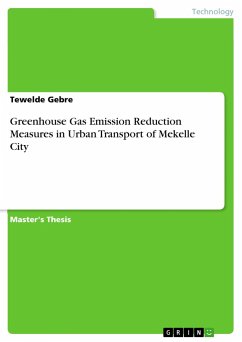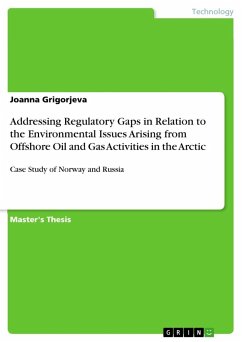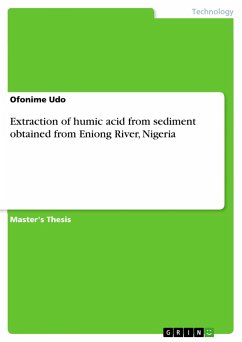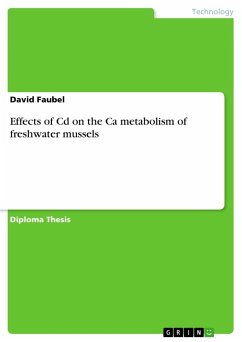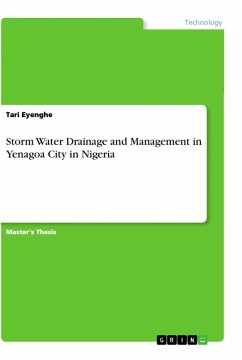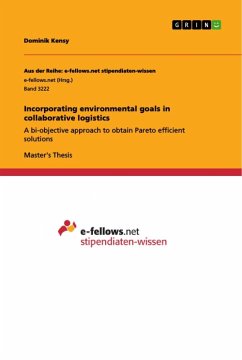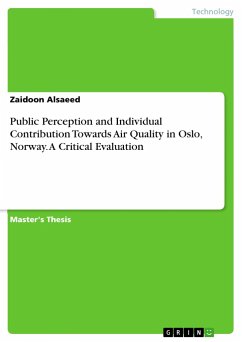Master's Thesis from the year 2014 in the subject Environmental Sciences, grade: Excellent, , course: Urban Environment and Climate Change Management, language: English, abstract: Urban transport is one of the necessities that cities require to perform their day-to-day activities. At the same time, it is also the major treat to global climate change. Transport sector has emitted more than 7200 billion tons of greenhouse gases to the atmosphere. This study therefore intends to assess the greenhouse gas emission reduction measures in urban transport of Mekelle city. It employs a descriptive research with qualitative and quantitative research approaches and survey research strategy. Data for the study were collected from primary and secondary data sources. Questionnaire, interview, and observation were used to gather primary data from owners of private automobiles and transport office, whereas, archives were used to gather secondary data. These data were analyzed through qualitative (narrative analysis) and quantitative (descriptive and statistical analysis) methods. Tables, charts, graphs and plates are used to present the data. This study finds that Atoz and Yaris car models; and Hyundai and Daihatsu motors emit lesser amount of carbon dioxide, while Land cruiser and WllB car models; and Mercedes Benz and Suzuki motors emit more. The average emission level of private automobiles in Mekelle city is found to be 209.93grams of CO2/km with an average fuel efficiency of 12.115km/liter. The number of motor vehicles in Mekelle city is increasing with an average annual growth rate of 17.34% for the last ten years. The growth rate is highest for Code 5 cars and is lowest for code 2 cars. Most of the cars in the city are below five years of service. The current share of motorized vehicles in urban transport of Mekelle city is 33.44% and the vehicle ownership rate of the city is 35.6 vehicles/1000 people, which is above the national average. Rapid urban population growth, intensification in economic activities, and inaccessible public transport are among the main causes for expansion of motorized urban transport in the city. Use of bio fuel, conducting annual inspection of cars, regulating speed limits, extending public transport services, and taxing vehicles are among the greenhouse gas mitigation measures being undertaken in Mekelle city.

